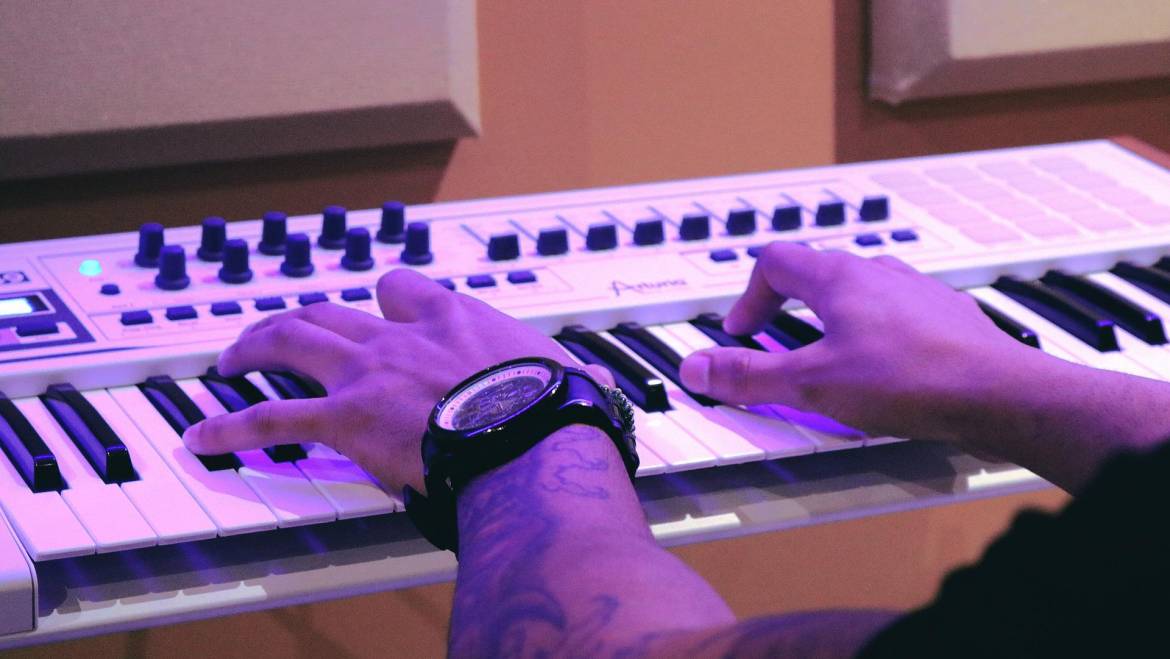The 9 Different Types of music degrees
Music is a universal language that transcends borders, cultures, and generations. For those who are passionate about creating, performing, and understanding this art form, pursuing a music degree is a rewarding journey. However, the world of music education is vast and diverse, offering a multitude of specializations to cater to various interests and career aspirations. In this article, we will explore the nine different types of music degrees, each opening a unique door to the enchanting realm of musical knowledge.
Bachelor of Music (BM):
The Bachelor of Music is a comprehensive undergraduate degree designed for students aiming to develop strong foundations in music theory, history, and performance. This degree often includes concentrations in areas such as composition, music education, or performance.
Bachelor of Arts in Music (BA):
The Bachelor of Arts in Music is a more flexible program that combines a strong musical foundation with a broader liberal arts education. This degree is ideal for students interested in music as well as other academic pursuits.
Bachelor of Science in Music Technology:
Focused on the technical aspects of music creation, this degree explores the intersection of music and technology. Students learn about recording, production, and the use of software and hardware in the music industry.
Master of Music (MM):
The Master of Music degree is a graduate-level program that allows students to deepen their expertise in a specific musical discipline. Common specializations include composition, conducting, and performance.
Master of Arts in Musicology:
For those fascinated by the historical and cultural aspects of music, the Master of Arts in Musicology delves into the study of music history, analysis, and research.
Master of Fine Arts in Music Composition:
This degree is tailored for aspiring composers looking to refine their craft. Students work closely with faculty members to create original compositions and explore innovative approaches to musical expression.
Doctor of Musical Arts (DMA):
The DMA is the highest professional degree in music and is typically pursued by those aiming for advanced performance or composition careers. It often involves rigorous performance requirements and a substantial research component.
Music Education Degrees:
Degrees in music education prepare students to become educators, teaching music in schools or private settings. These degrees can range from Bachelor of Music Education to Master of Music Education.
Music Therapy Degrees:
Music therapy degrees integrate the healing power of music into a therapeutic context. Students learn to use music as a tool to address physical, emotional, and psychological needs in diverse populations.
Embarking on a journey in music education opens doors to a multitude of possibilities, from mastering an instrument to delving into the rich tapestry of music history. Whether you aspire to perform on grand stages, compose symphonies, teach the next generation of musicians, or explore the therapeutic potential of music, there’s a music degree tailored to your passion. The world of music degrees is as diverse as the melodies it encompasses, inviting individuals to explore, create, and contribute to the ever-evolving symphony of musical expression.

